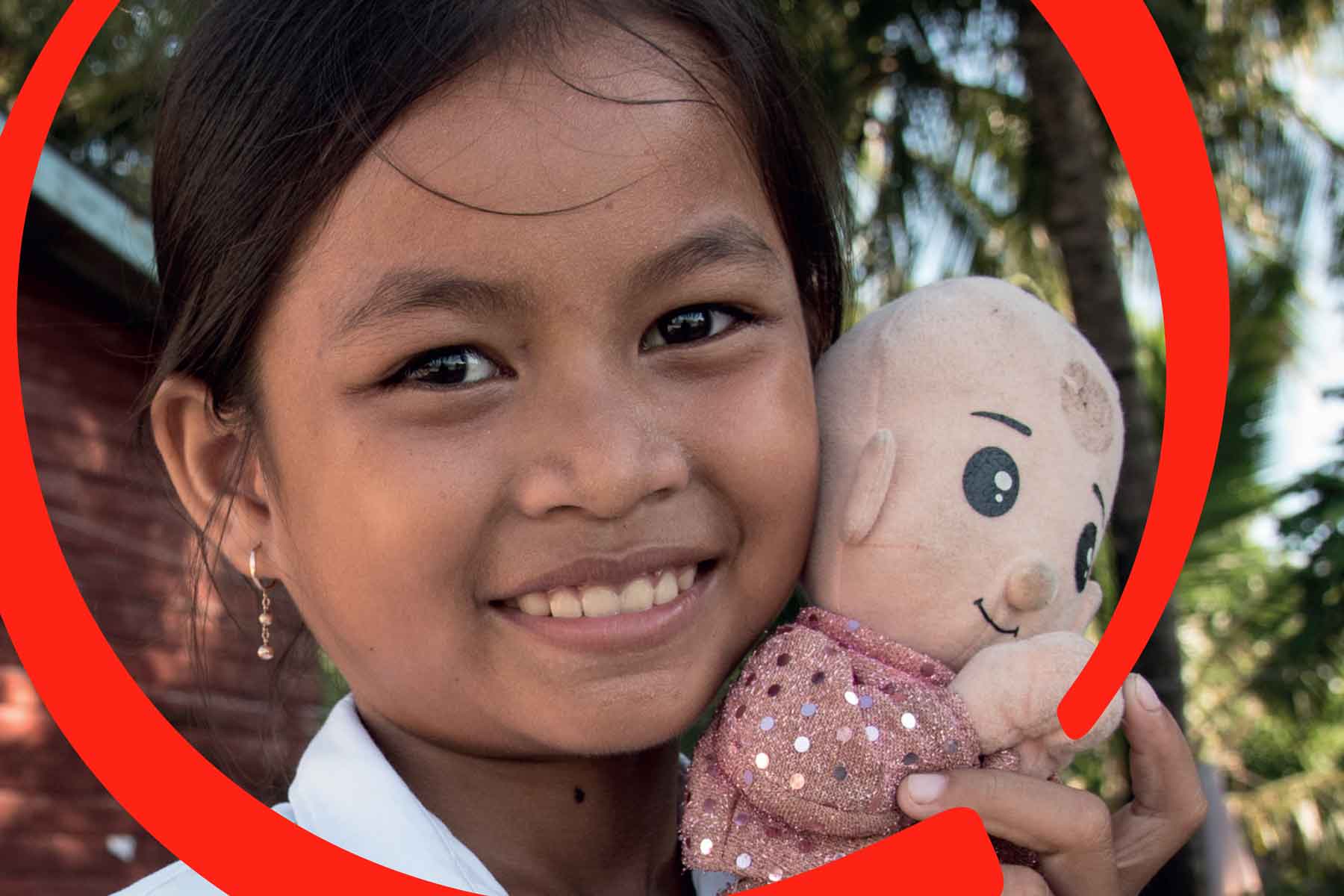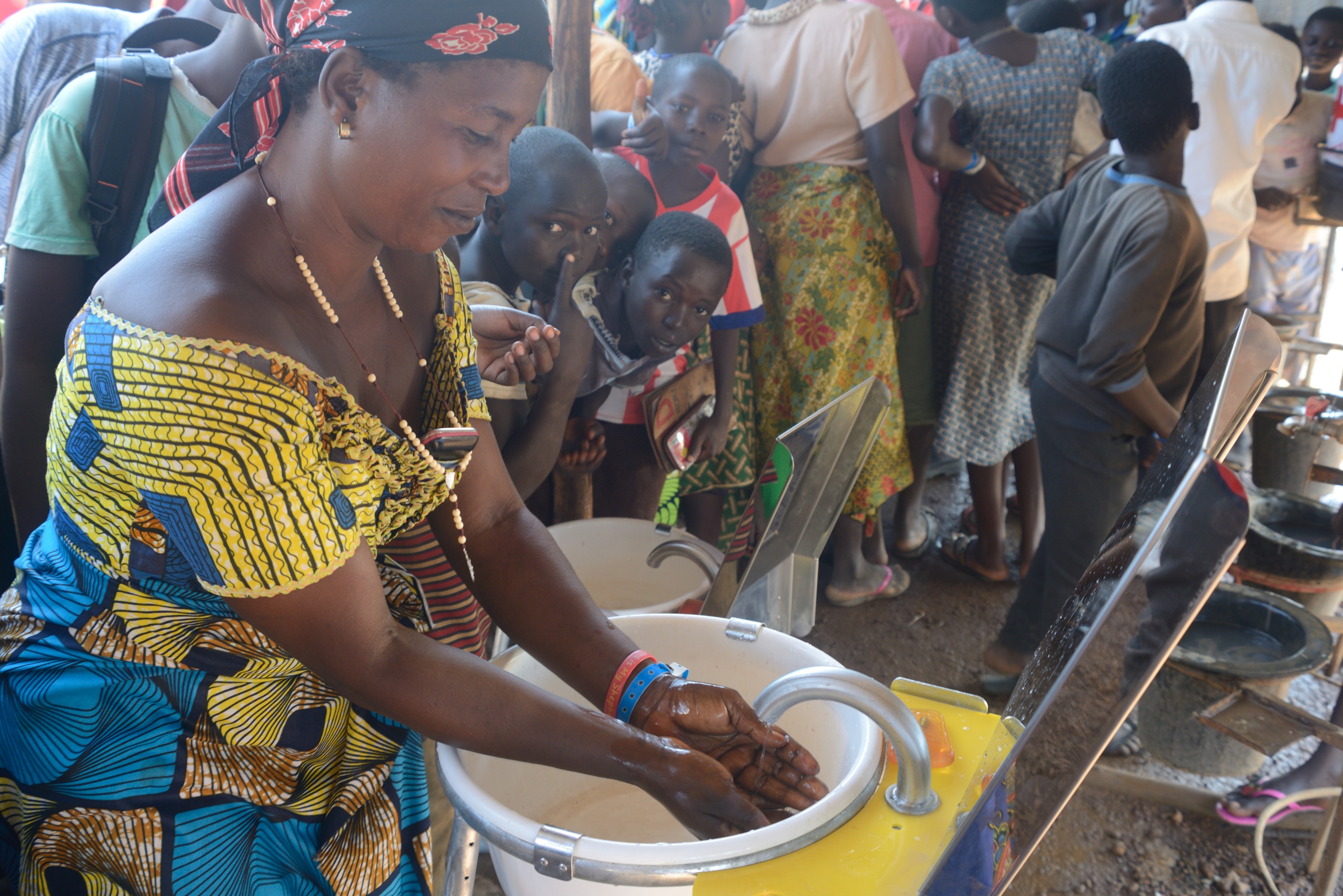Help in Switzerland We supported over 1,000 refugee children in asylum centres with learning and play sets.
Our new annual report shows where we worked for children last year and which projects we were able to implement. We were faced with many challenges - first and foremost the Covid 19 pandemic and its impact on children.

Last year, we, the aid workers, found ourselves suddenly in the role of those affected in the midst of a global crisis. Covid-19 also had a significant impact on how we work at Save the Children, how we implement our projects for children and thus save lives. But we mastered this task with a lot of commitment, focus and innovative approaches.
We are convinced that every child deserves an environment in which they can grow up and develop healthily and in safety. Our projects made an important contribution to this last year, whether in the crisis regions of Syria or Yemen, on refugee routes in north-east Africa or in the slums of Kenya. This includes a clever project that not only improves children’s lives but also reduces the spread of Covid-19 at the same time: The Jengu Handwashing Station, which we developed with one of our partner organisations.

In the slums of Kenya, where sometimes more than 100 people share one toilet, this approach not only sets new standards in hygiene (diarrhoeal diseases are one of the main causes of death among children under five) but also prevents smear infections with the Covid-19 virus through hand hygiene – simple, but very effective.